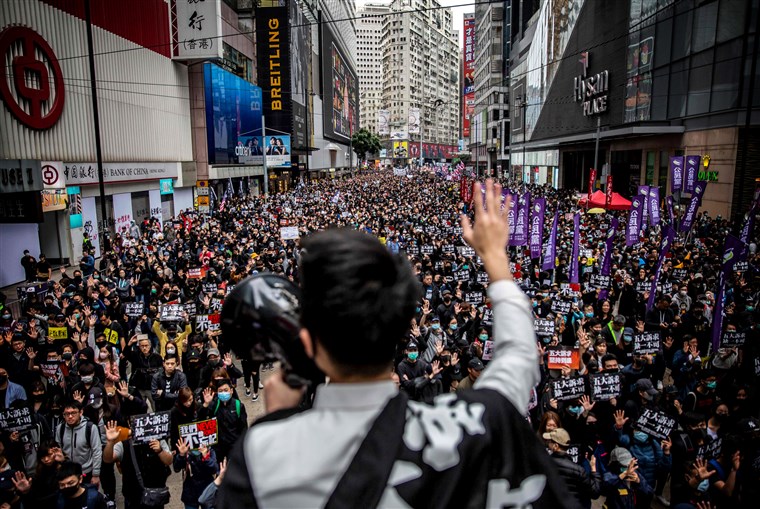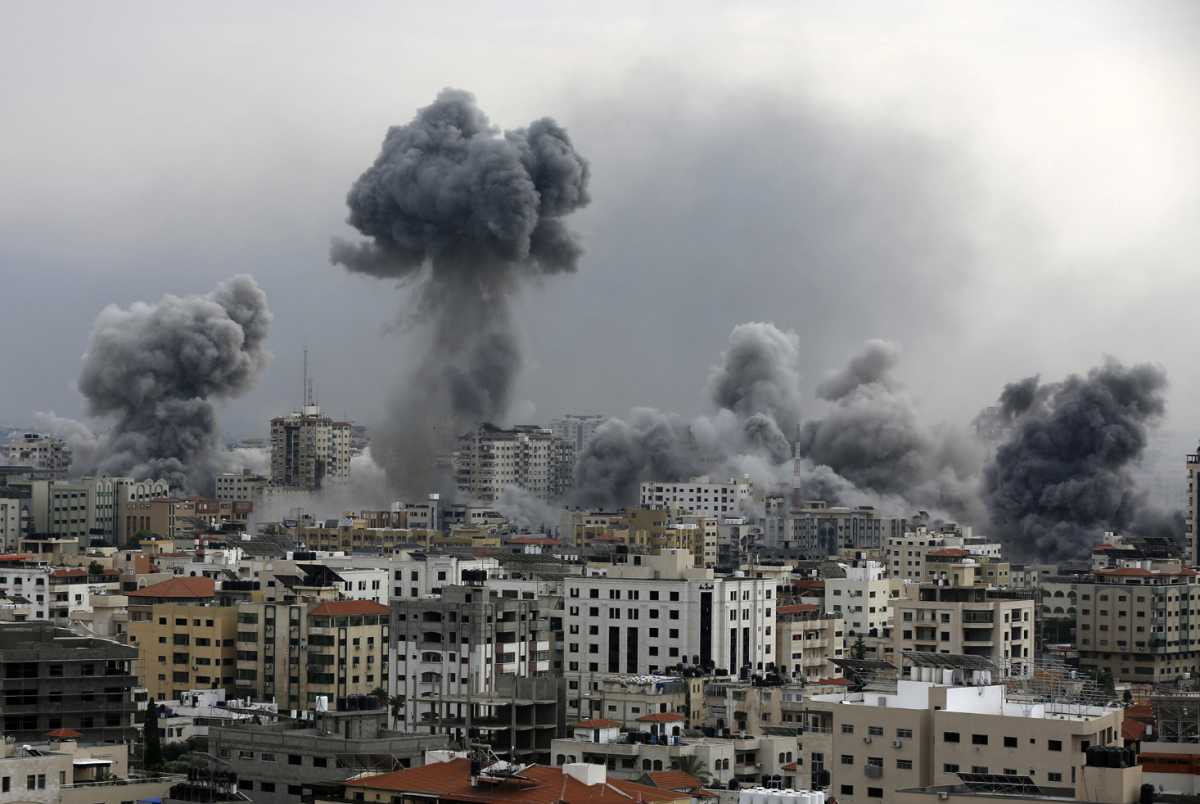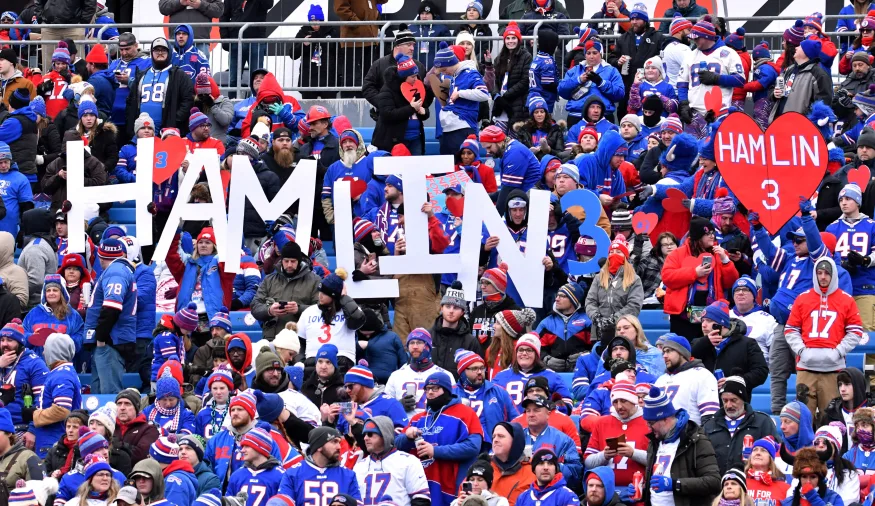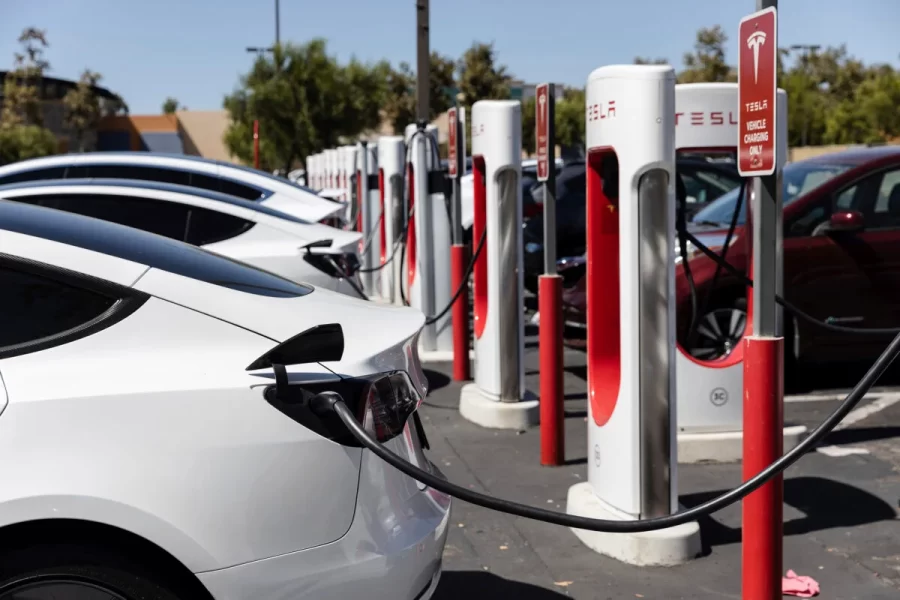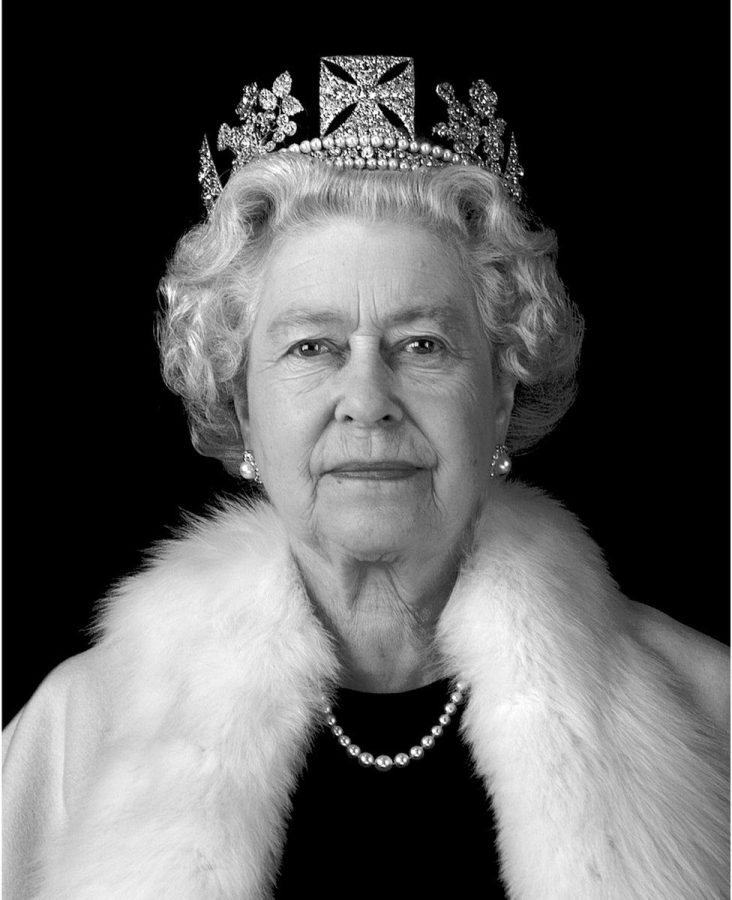Tensions have been high in Hong Kong, where pro-democracy protests have been occurring for months and escalating to violence. First, it’s necessary to understand how Hong Kong is governed. For a long time, it was a British colony. During World War II, it was occupied by Japan before being liberated by the British once again. Hong Kong was flooded with Chinese citizens fleeing the mainland, and as this was happening, it’s manufacturing industry began to grow. In 1997, Hong Kong was returned to China by the British government.
The system in place to run Hong Kong is referred to as “one country, two systems”. Essentially, citizens of Hong Kong are Chinese, but they have autonomy that other Chinese citizens don’t. This freedom extends to most legal matters except for foreign and defense policy and is the reason that Hong Kong can have its own legal system, borders, and the ability to protect the rights to free speech and assembly. Citizens of Hong Kong can openly criticize the Chinese government, something that those on the mainland can’t do.
Unfortunately, this freedom is changing. China has been accused of getting involved in Hong Kong, where some citizens have disappeared and been reported to be in Chinese custody. The pressure to self-sensor has also been on the rise for artists and pro-democracy advocates. The territories lawmakers also have Chinese influence: not all of them are actually elected by Hong Kongers, and many of those non-elected officials are pro-Beijing. Hong Kong is very against this. Furthermore, many of the young people of Hong Kong don’t even identify as Chinese anymore. The struggle over this democracy has led to increasing conflict.
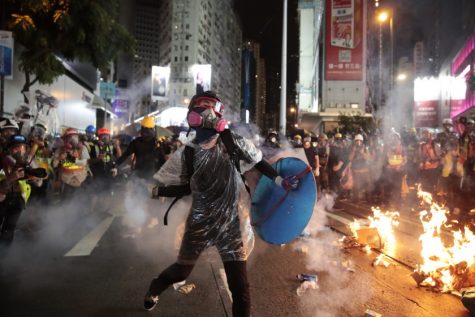
In April, the main catalyst to the ongoing protests arrived: a now-withdrawn bill that would allow criminal suspects to be brought to China for trial. This process is called extradition. The main issue with this bill is that it would allow China to infringe on Hong Kong’s autonomy. Suspects would face harsh trials and unfair treatment in China, and the Chinese Government could use the policy to target activists or journalists. In June, the protests began. Even as the bill was withdrawn, Hong Kongers were not satisfied. As fall arrived, the violence escalated. A young protester was shot in the chest, and a pro-Beijing lawmaker was stabbed. Protesters were shot at by police, and they retaliated with petrol bombs and projectiles.
In late November, Hong Kong held its elections for the local council with an overwhelming pro-democracy victory. 17 out of 18 seats are now occupied by pro-democracy councilors. The protesters have four remaining demands: amnesty for themselves, investigations into police brutality, implementation of complete universal suffrage, and for the protests to not be labeled as a “riot”. Currently, many businesses in Hong Kong have been shut down due to protests.

